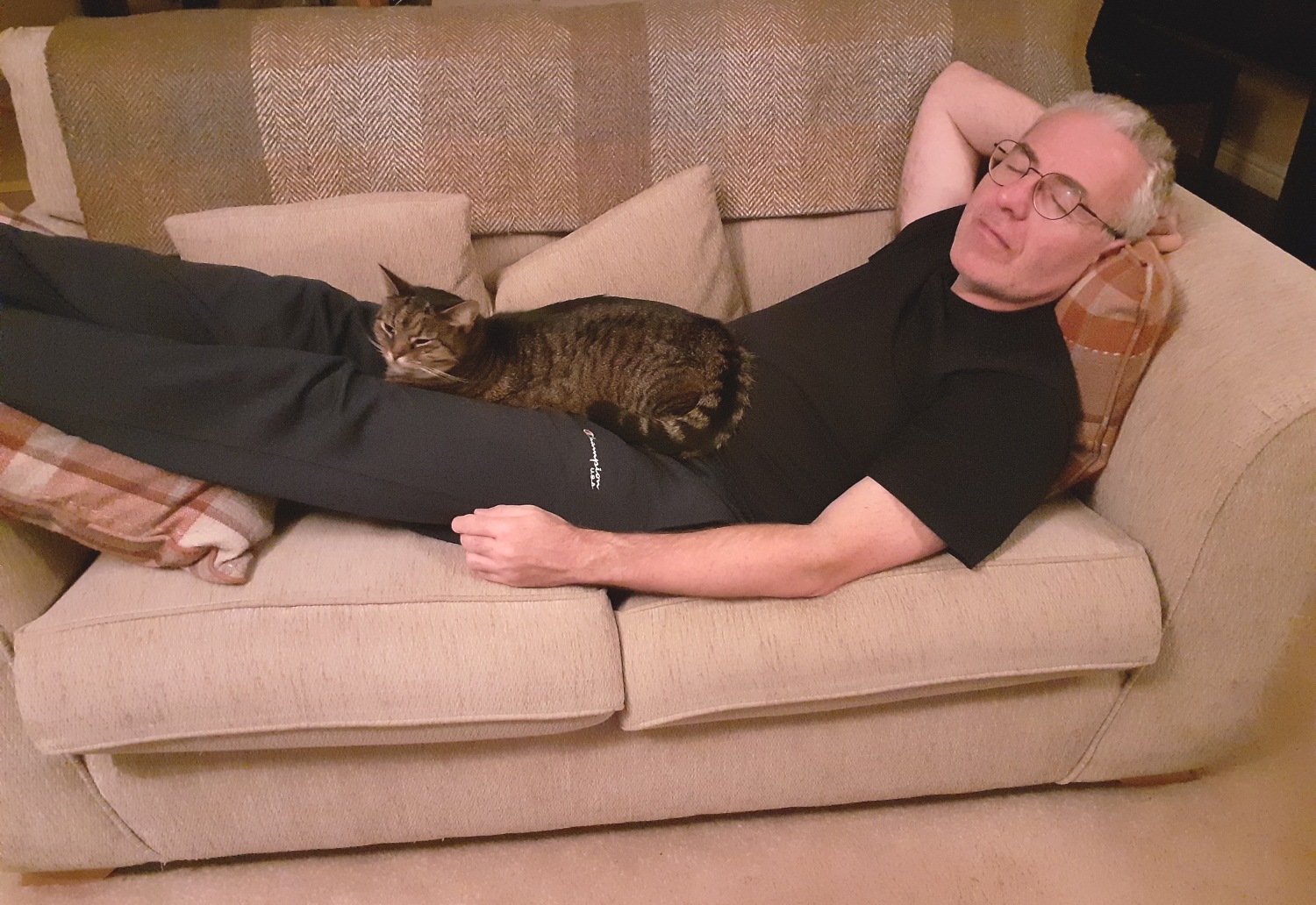I could talk all about muscle adaptation and repair, glycogen stores and so on but basically whatever level of athlete you are, if you don’t have enough rest you’ll end up tired, injured and burned out.
And apart from the physical benefits, try to fit in 7 days training around a normal lifestyle and you’re likely to end up frazzled and stressed.
How often?
Everyone should have at least one rest day per week. As well as the physical benefits, taking a day off mentally will really help you stay fresh and motivated.
As you get older you may find you need more. Don’t be afraid to take an extra day when you need it. I sometimes schedule 3 rest days per fortnight when I’m training hard and find I need extra recovery time.
Learn to recognise the difference between feeling tired because you’ve worked hard and feeling fatigued because you’ve overdone it.
There’s often so much pressure on us to keep going, never missing a session. But it can do more harm than good. If your body is telling you it hasn’t got the energy to go for a run you should listen. This is different from your brain telling you it can’t be bothered!
Over the summer when I was training consistently hard I felt really tired after 5 consecutive days – but I had a swim booked that evening. I forced myself to go and it was completely counterproductive. I felt cold (in August!) and I ended up taking 3 days off training afterwards as I was exhausted.
What can you do on a rest day?
In her autobiography, Chrissie Wellington (ironman champion) talks about the frustration of rest days and the telling off she would get from her coach if she didn’t spend the whole day on the sofa watching box sets.
Unfortunately, us mere mortals don’t have the luxury of being paid to do nothing one day a week. We still have to walk the dog, do the shopping and run around after the kids.
However a rest day should mean no training – swimming, running or cycling. And no other energetic activities either. So no sneaking down the gym for a weights session or spending 2 hours digging the garden.
A short, easy paced walk is fine. As are yoga stretches, but not a full-on strenuous yoga workout.

You need your sleep
It’s one of the most vital parts of training and recovery. So pay attention to your sleep and make sure you get enough.
This can be a particular issue for women going through the menopause with the dreaded night sweats. For me, the one thing that really worked was cutting out alcohol – my sleep improved massively. Giving up my regular glass(es) of wine was hard but on the plus side, the money saved meant I could buy a new road bike!
